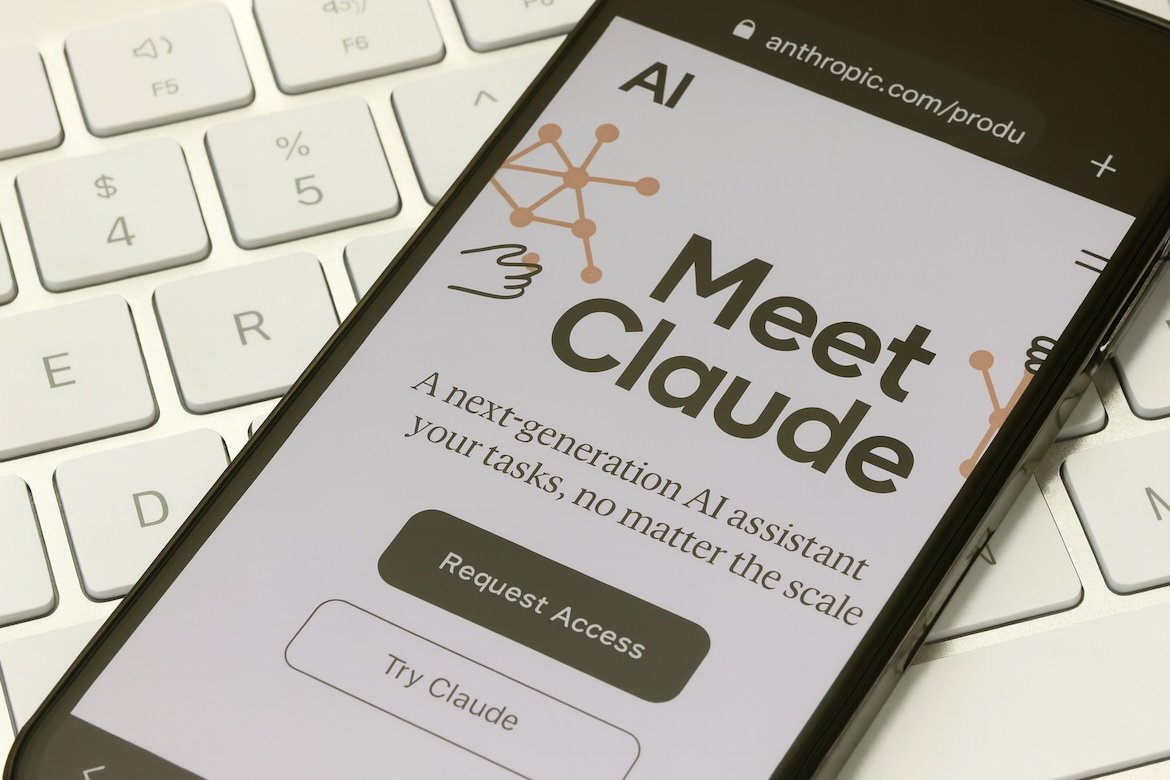
IBM has announced a new partnership with Anthropic to bring advanced AI capabilities into its enterprise software portfolio. The collaboration will see Anthropic’s Claude integrated into select IBM products, including a new AI-first integrated development environment (IDE) designed to automate and streamline the software development process for large organizations.
The partnership aims to make AI development tools suitable for regulated industries, ensuring that automation comes with robust governance, security, and cost control. IBM says the initiative reflects a shift in focus from AI experimentation to enterprise-scale deployment, where reliability and compliance are as critical as performance.
Early results from internal testing show strong gains: more than 6,000 IBM developers have used the new AI-powered IDE, reporting an average productivity increase of around 45% without compromising security or code integrity.
A New AI-Driven Approach to the Software Lifecycle
The new IDE integrates Claude’s natural language understanding to assist with coding, modernization, and maintenance across multiple programming environments. It’s designed to automate repetitive tasks while maintaining visibility and traceability across every phase of the software development lifecycle (SDLC).
Key use cases include large-scale application modernization, where AI can refactor legacy systems and handle framework migrations autonomously. The system also supports AI-assisted code generation and review, offering recommendations aligned with enterprise security and compliance standards.
Developers can use the platform to orchestrate full end-to-end workflows — from design to deployment — with built-in security features like vulnerability scanning and compliance checks. By embedding security “shift-left” in the process, IBM aims to reduce post-deployment issues and meet high-level regulatory frameworks such as FedRAMP.
This approach positions IBM’s AI tools as more than assistants; they act as collaborative development agents that understand business context and architecture, rather than simply generating snippets of code.
Building Trust and Governance Into Enterprise AI
A central pillar of the partnership is IBM’s focus on secure and governed AI adoption. Together with Anthropic, the company has developed the Agent Development Lifecycle (ADLC) framework – a new methodology outlining how businesses can safely design and deploy AI agents.
The ADLC defines how enterprises can manage the growing complexity of autonomous AI systems, addressing compliance, data integrity, and risk management throughout the agent’s lifecycle. It extends IBM’s long-standing governance models into the emerging field of agentic AI.
IBM also plans to contribute new tools and documentation to the Model Context Protocol (MCP) community — an open framework for building interoperable and transparent AI systems. These contributions will include best practices, reference architectures, and open-source assets drawn from IBM’s own enterprise deployments.
Anthropic’s involvement brings credibility from its track record of emphasizing safety, transparency, and controllability in large language models. The companies share the goal of establishing AI frameworks that meet enterprise expectations for trust and accountability.
Positioning for the Next Wave of Enterprise AI
IBM’s collaboration with Anthropic comes as enterprises race to operationalize generative AI across business functions. While competitors like Microsoft and Google have integrated LLMs into productivity suites, IBM’s approach is focused on developer infrastructure and lifecycle automation, where compliance and reliability are paramount.
The integration of Claude into IBM’s software stack could help position IBM as a key provider of AI-ready development environments, combining performance with industry-grade safeguards. The company plans to extend Claude’s capabilities to additional products in the coming year, expanding AI’s role across its hybrid cloud and enterprise software ecosystems.
By pairing Anthropic’s model technology with IBM’s experience in enterprise delivery and regulation, the partnership aims to build AI tools that enterprises can trust — not just to generate ideas, but to safely power the systems that keep global business running.




